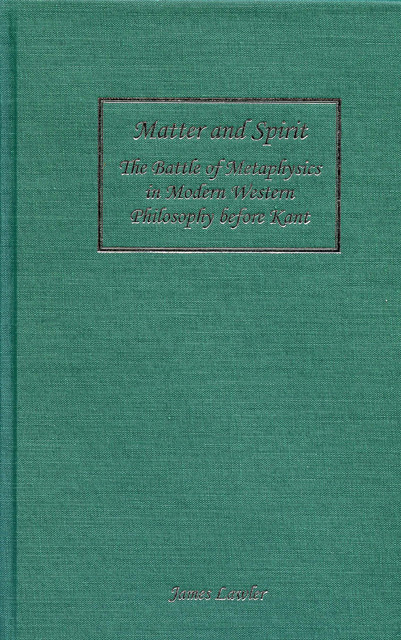3 - Leviathan: The Making of a Mortal God
Published online by Cambridge University Press: 17 March 2023
Summary
RATIONAL RECONSTRUCTION OF HISTORY
Hobbes presents a rational reconstruction of human history following the resolutive and compositive (or analytic and synthetic) method that he associates with authentic science. We begin by resolving or analyzing society into its simplest components. Once we are in possession of these, we follow the step-bystep process whereby out of the simplest elements or elementary motions the complex social order is built up. Although in the synthetic, scientific demonstration, Hobbes presents his rational reconstruction as an historical process beginning with the “state of nature,” in the method of discovery or analytic phase of science he begins with an analysis of his contemporary society. The existing society that he observes around him is what needs to be explained as an effect of a series of causes, and so is the end point for the reconstructive or synthetic phase of the intellectual process. It therefore provides his actual point of departure for the analytic phase of the process. We begin, empirically, “in knowledge by sense,” by which “the whole object is more known.” We begin with sensory knowledge of the existing society. But such sensory knowledge of the object that is empirically present to sensory experience does not directly contain the possibility of a scientific understanding of the object. For that, the complex object of direct sensory experience must be regarded as an appearance or effect of a process whose origin is not immediately obvious. The origin of the process is discovered through intellectual analysis of the actually present reality in order to isolate its simplest or most universal elements or movements. The whole is then reconstructed as the effect of the process that begins with the simplest motions.
At the end of the “resolutive” or analytical phase of scientific method, Hobbes isolates what he regards as the fundamental elements of human society: relatively equal individuals seeking to realize their desires in rationally effective ways. The compositive or synthetic phase follows. Beginning with these elements or elementary movements of human society, we mentally follow, step-by-step, the real, objective process by which these elementary movements most probably have produced more complex relationships, until we return once more to the composite whole from which we began. Whereas in the beginning this composite whole is an object of uncomprehended sense perception, in the end the whole is the object of scientific comprehension.
- Type
- Chapter
- Information
- Matter and SpiritThe Battle of Metaphysics in Modern Western Philosophy before Kant, pp. 70 - 105Publisher: Boydell & BrewerPrint publication year: 2006



